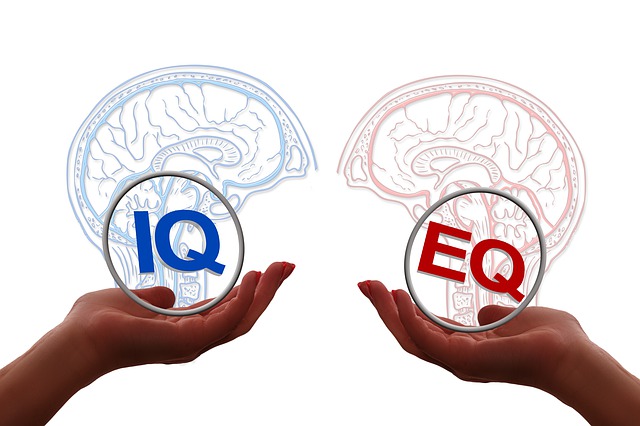Introduction
When you hear the term emotional intelligence, what comes to mind? Coined almost 35 years ago by Peter Salovey and John D. Mayer, emotional intelligence refers to one’s capacity to perceive, understand, and manage emotions effectively. While the concept appears straightforward, the intricate nature of emotions often makes it a challenging skill to master. Emotions wield significant influence over our actions, interactions, and decisions. It is for this reason emotional intelligence is considered a discipline.
The Overlap of Discipline and Emotional Intelligence
How many times have you wanted to respond to “that team member” in a certain way but knew that response would not be beneficial, so you didn’t? That’s emotional intelligence, and it takes discipline. The ability to respond to disruptive thoughts and emotions in constructive ways is all about discipline. This discipline starts in your head, literally, in a part of your brain called the anterior mid-cingulate cortex (aMCC). Dr. Andrew Huberman, a professor of neurobiology and Ophthalmology at Stanford, shares that the aMCC is associated with your ability to engage in behaviors that you don’t want to do. When you discipline yourself to respond in healthy ways, especially when people are being difficult and you would really like to let them have it, your aMCC grows. Think of it like a muscle. As your brain develops, you increase the likelihood of having an emotionally controlled response. Essentially, emotional intelligence is developed through practice.
Applying Emotional Intelligence
Daniel Goleman and Richard Boyatzis break down emotional intelligence into four domains: self-awareness, self-management, social awareness, and relationship management. We are going to offer suggestions for increasing emotional intelligence through developing these domains.
- Self-awareness: Without self-awareness, all other domains of emotional intelligence fall apart. To understand the influence of emotions, we must be willing to examine, accept, and explore them. Reflect on a recent conversation you had where there was conflict. What emotions were you feeling, when did you first notice these emotions, how did they influence your actions, and what was the purpose of these emotions? You may consider processing these questions with someone you trust, such as a mentor or coach. This reflection will increase your awareness of your emotional response patterns.
- Self-management: Responding to our emotions is where discipline really comes into play. It is hard to respond to our unhealthy impulses in appropriate ways. One approach for self-management is giving yourself time to process emotions and responses. For example, you can use the mindfulness practice of S.T.O.P. Stop to process emotions, take a breath to calm down, observe what your body is feeling, and proceed with exploring healthy responses to your feelings. Eventually, this discipline will allow you to practice self-management in real-time.
- Social awareness: Being socially aware is grounded in empathy and organizational awareness. Empathy allows us to feel what our team members feel and provides perspective. Organizational awareness includes understanding a team’s group dynamics and the influence of organizational structure. We can grow in social awareness by spending time with our teams. Leaders have to get to know their teams. Building these relationships assists with developing empathy and understanding team members’ personalities and how their personalities interact with others and your own.
- Relationship management: This final domain is focused on having influence within a team, embodying the roles of coach and mentor, managing conflict, and enhancing teamwork. Trust is foundational to influencing and inspiring team members. Simon Sinek, an author of business leadership, emphasizes that trust is built on competence and integrity. It can be tempting for leaders to rely solely on their competence for influence, but team members care just as much about their integrity. Leaders develop integrity and build relationships through consistency, reliability, and authenticity. Consistency is about treating team members equally and having steady standards of performance. Reliability is being there for your team and showing they can depend on you. Last but certainly not least, authenticity is being yourself and seeking to develop trust with team members through honest interactions.
Reflective Thought: Healthy and disciplined leaders should always seek out development opportunities. In what ways can you further develop your emotional intelligence?


















